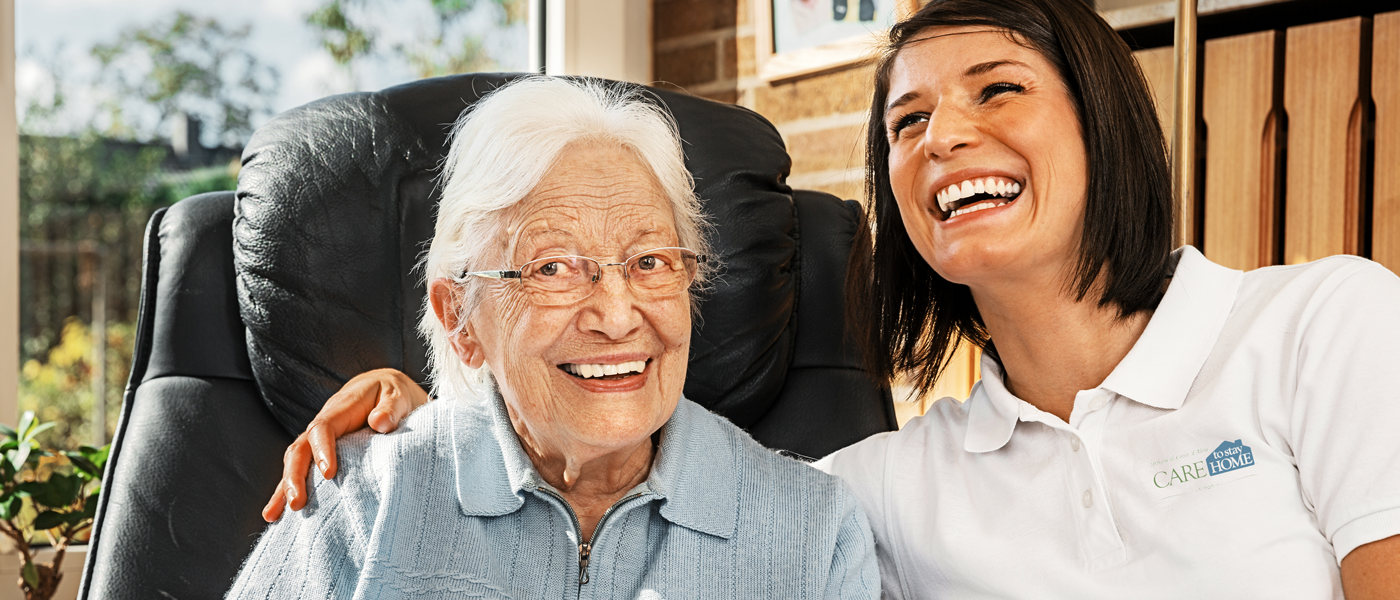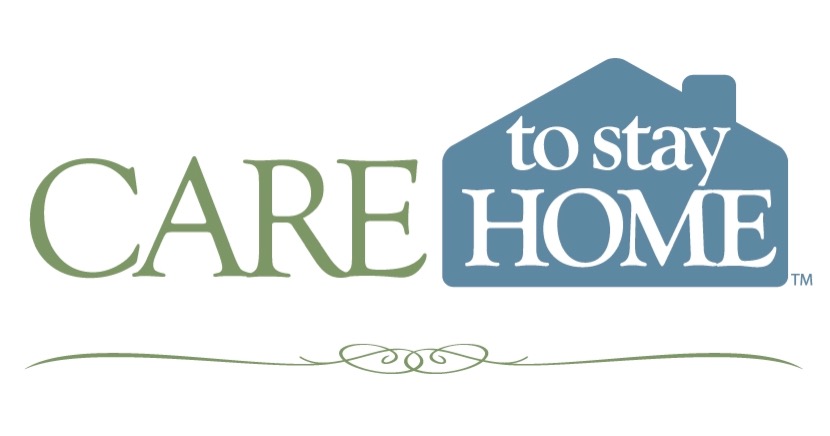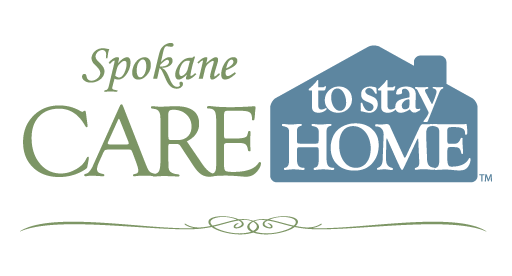
15 Aug What Families Should Know About Post-Rehab Recovery at Home
Rehabilitation is a critical milestone on the road to recovery, whether it’s following surgery, a stroke, an injury, or a prolonged hospital stay. But what happens next—when your loved one returns home—is just as important. Post-rehab recovery at home can be a delicate, often overwhelming, period for both the individual and their family. It requires thoughtful planning, emotional support, and a care team that truly understands the journey.
At Care to Stay Home in Spokane, WA, we know that healing continues long after discharge. Our mission is to help families ease that transition with high-quality, compassionate in-home care in Spokane, WA, that prioritizes safety, dignity, and independence.
Why Home Recovery Matters
After weeks or even months in a rehabilitation facility, coming home can feel like a breath of fresh air. It’s where your loved one feels most at ease, surrounded by familiar sights, sounds, and memories, but it’s also where new challenges begin. Without professional supervision, the risk of reinjury, medication errors, or mental health struggles can increase significantly.
That’s why families need a clear post-rehab care plan. The right home care can mean the difference between a slow, risky recovery and a smooth, empowering path forward.
Common Post-Rehab Challenges at Home
Every recovery is different, but families in Spokane and surrounding communities often face similar concerns when a loved one returns from rehab:
- Mobility issues – Many individuals are still recovering from injuries or relearning how to walk safely. Without assistance, falls are a serious risk.
- Medication adherence – Complex prescriptions must be taken on schedule and monitored for side effects.
- Cognitive changes – Neurological conditions or prolonged hospital stays can lead to confusion, forgetfulness, or emotional shifts.
- Emotional well-being – It’s common for individuals to experience anxiety, frustration, or even depression during recovery.
These challenges can feel overwhelming for family members who may not have the time, training, or emotional bandwidth to serve as full-time caregivers.
How In-Home Care Supports Recovery
At Care to Stay Home, our goal is to bring comfort and peace of mind into every recovery journey. Our trained caregivers provide non-medical support that plays a vital role in helping clients regain independence at their own pace. This includes:
- Assistance with mobility and exercise routines
We help clients safely practice their rehab exercises and encourage daily movement to support muscle memory and strength.
- Personal care support
Bathing, dressing, and toileting can become frustrating after rehab. Our caregivers handle these tasks with discretion and compassion.
- Meal preparation and nutrition monitoring
Proper nutrition is essential to healing. We help ensure your loved one is eating well-balanced meals tailored to their needs.
- Medication reminders
While we don’t administer medications, we ensure clients take them on time and report any noticeable side effects.
- Companionship
Isolation can hinder recovery. A friendly presence can lift spirits, provide conversation, and support emotional health.
Making the Home Safer
Post-rehab care isn’t just about personal assistance—it’s also about creating an environment that promotes healing. Families should inspect their homes for fall hazards, such as loose rugs, inadequate lighting, or cluttered pathways. Installing grab bars, using a shower chair, or rearranging furniture to accommodate walker or wheelchair access can make a significant difference.
Since falls are one of the most common causes of injury among older adults, taking simple steps toward fall prevention can greatly reduce the risk and support a smoother recovery at home.
Partnering With a Trusted Home Care Agency
Choosing the right home care provider can feel daunting, but it doesn’t have to be. At Care to Stay Home, we take a personalized approach to every client’s needs. We work closely with families, physicians, and rehabilitation teams to ensure a seamless transition and continuity of care.
We proudly serve the Spokane, WA, community and offer a free in-home consultation to help families determine the best care plan for their loved one. Whether you need part-time support or full-time companionship, our team is here to help your loved one recover with confidence, comfort, and dignity.
Final Thoughts
Post-rehab recovery at home is a journey, not a destination. It requires patience, understanding, and the right kind of support. While family members play a vital role, you don’t have to do it alone. Having a professional caregiver by your side ensures your loved one gets the attention they deserve—while giving you peace of mind and room to breathe.
If you’re preparing for a loved one’s transition home from a rehab facility in Spokane, WA, let Care to Stay Home be your trusted partner. Contact us today to learn more about how we can support your family’s next chapter.


